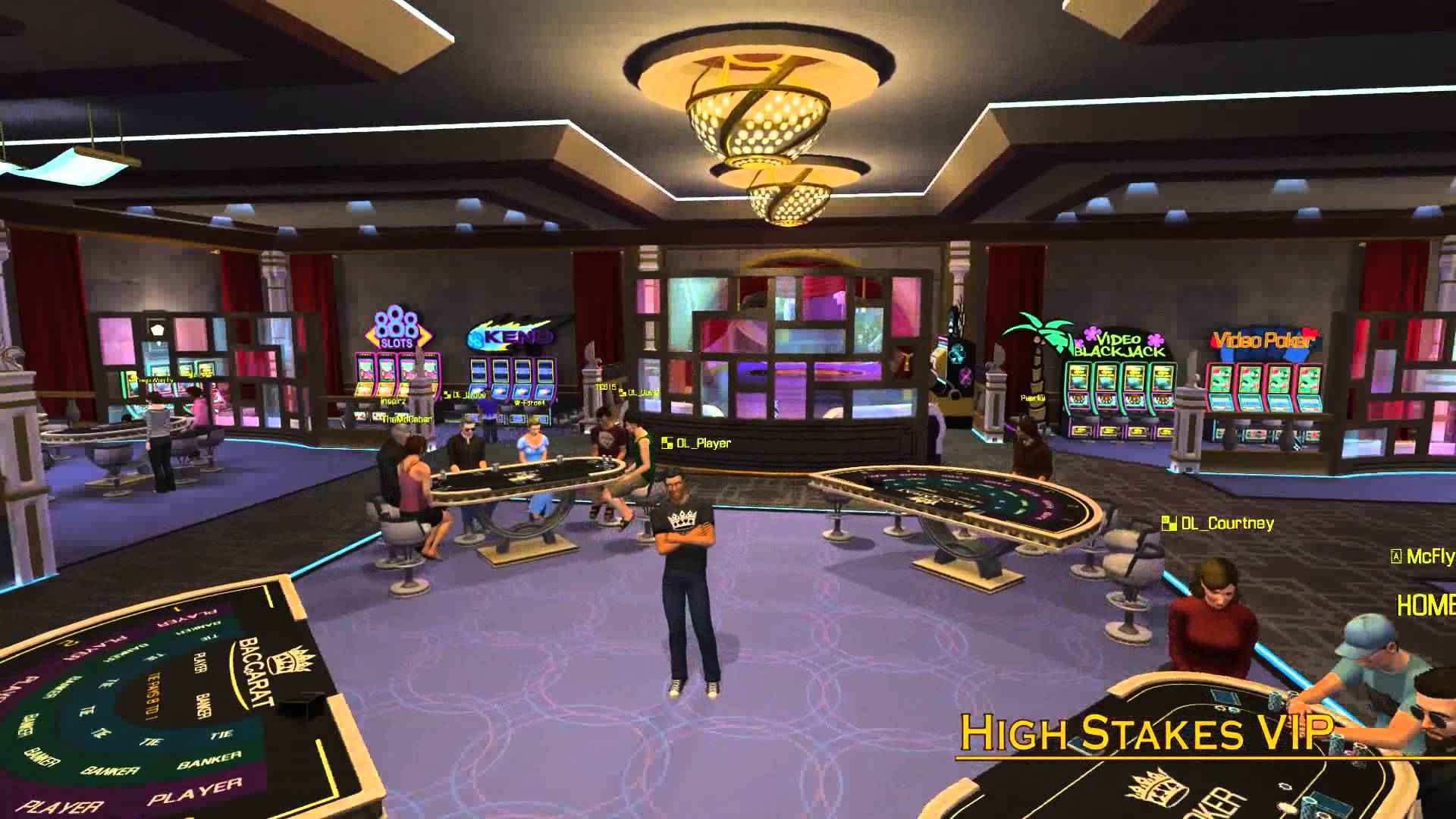The digital age has revolutionized many aspects of our lives, none more so than the way we play games of chance. Online gambling has surged in popularity, attracting millions of players worldwide. But what draws people to virtual casinos, poker rooms, and sports betting sites? Understanding the psychology behind online gambling reveals a complex interplay of factors that extend beyond mere chance and entertainment.
The Thrill of Risk and Reward
At the heart of online gambling is the allure of risk and reward. The potential for a big payout can evoke feelings of excitement and adrenaline, akin to the rush experienced during extreme sports. This sensation is largely driven by the brain’s reward system, which releases dopamine—a neurotransmitter associated with pleasure—when a person experiences a win. Even small victories can trigger this response, reinforcing the behavior and encouraging players to gamble again.
Moreover, the unpredictability of outcomes enhances this thrill. Many online games, such as slots and roulette, are designed to create a sense of suspense. Players often find themselves on the edge of their seats, and the unpredictable nature of these games serves to intensify excitement.
The Role of Cognitive Biases
Cognitive biases play a significant role in the online gambling experience. One of the most common biases is the "gambler’s fallacy," the belief that past events affect future outcomes. For instance, a player might believe that after several losses, a win is "due." This fallacy can lead individuals to gamble more than they intended, as they cling to the hope of an impending win.
Another cognitive bias is the "illusion of control," where players overestimate their ability to influence outcomes in games of chance. Many online gamblers believe that certain strategies can enhance their odds, even in games that are primarily random. This illusion can drive continued engagement, as players feel empowered and invested in their outcomes.
The Social Aspect of Online Gambling
Humans are inherently social beings, and the social environment of online gambling can be particularly enticing. Virtual platforms often include chat functionalities, allowing players to interact, share experiences, and celebrate wins together. This sense of community can foster belonging and camaraderie among players, making the experience more enjoyable.
Additionally, many online gambling sites leverage gamification strategies—integrating elements such as leaderboards, achievements, and social features to enhance engagement. These tactics not only amplify the thrill of competition but also reward players for their participation, incentivizing them to play more.
Escape and Entertainment
For some, online gambling serves as a form of escapism. Life’s stresses and challenges can drive individuals to seek solace in the thrill of gaming. Online gambling offers an easy-to-access distraction, enabling players to immerse themselves in a world where outcomes are uncertain and excitement is just a click away.
Moreover, the entertainment value is significant. Just as some people enjoy watching movies or playing video games for leisure, online gambling can provide a similar opportunity for enjoyment. With high-quality graphics, engaging narratives, and immersive gameplay, these virtual establishments can captivate players and keep them engaged for hours.
The Impact of Accessibility and Technology
The accessibility of online gambling has also contributed to its popularity. With smartphones and high-speed internet, players can gamble from virtually anywhere, anytime. This convenience often blurs the lines between leisure and gambling, making it easier for individuals to indulge without considering the consequences.
The prevalence of targeted advertising and promotions further complicates matters. Online gambling platforms frequently use algorithms to identify potential players, sending personalized offers that encourage participation. This marketing tactic can manipulate psychological vulnerabilities, appealing to feelings of excitement and competition to drive users towards gambling.
Conclusion
The psychology behind online gambling is multifaceted, encompassing elements of excitement, cognitive biases, community, escapism, and accessibility. Understanding these underlying motivations can help both players and industry stakeholders navigate the complexities of this digital phenomenon. As the landscape of online gambling continues to evolve, an ongoing dialogue about its psychological impacts will be essential in fostering a safer and more informed gaming environment for all. Whether for thrill-seekers or casual players, the draw of online gambling will likely persist, weaving itself deeper into the fabric of modern entertainment.




